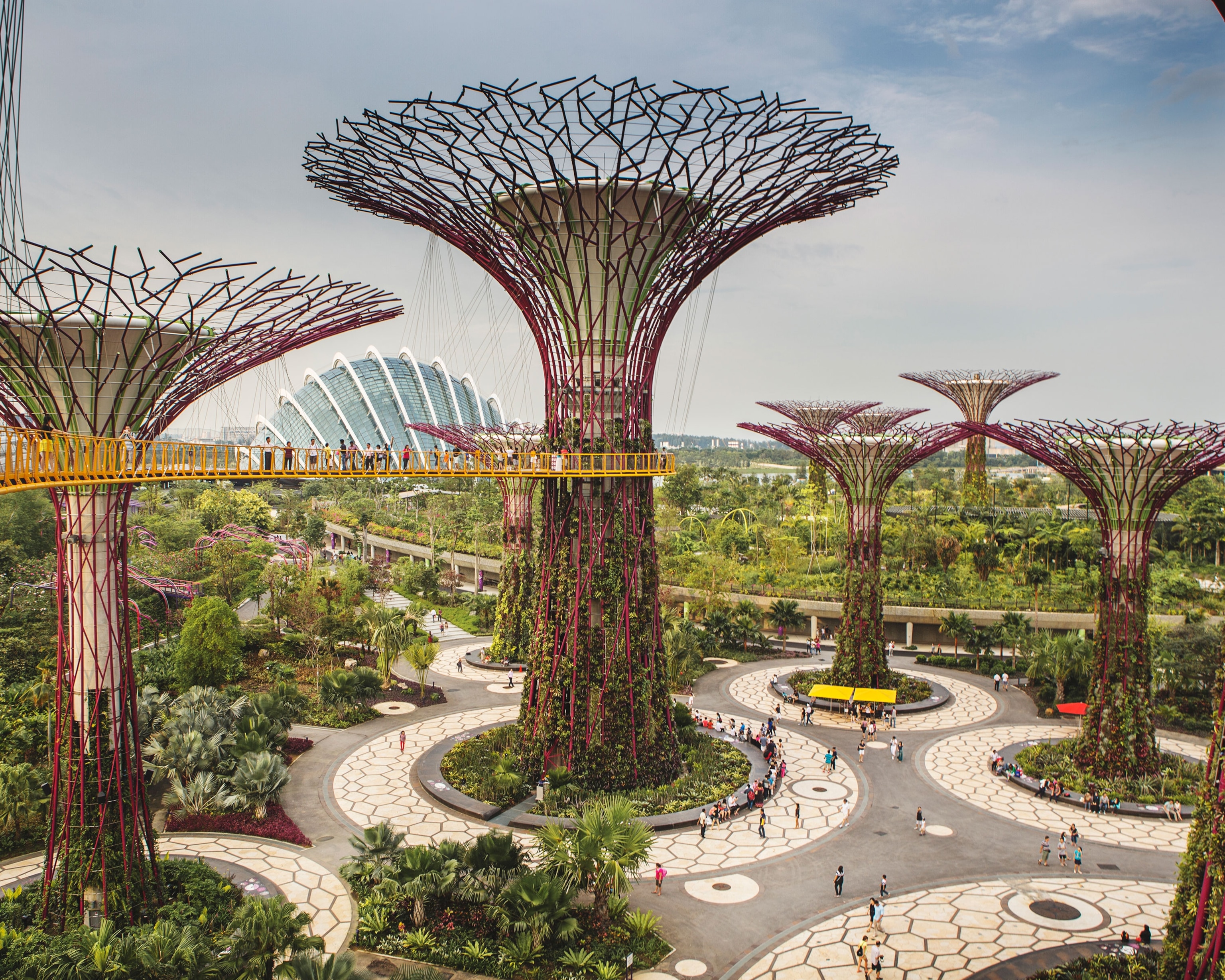
The art of choosing the right magician in Singapore reveals something profound about our human need for wonder in an increasingly predictable world. In this bustling city state where efficiency reigns supreme and every moment seems calculated, the presence of skilled conjurers offers something beautifully subversive: the promise that reality might bend, if only for a moment.
The Social Architecture of Wonder
Walk into any gathering where an Singapore magician performs, and you witness a remarkable transformation in human behaviour. The room shifts from polite conversation to collective gasps of amazement. Adults abandon their usual reserve, children forget their digital devices, and strangers lean forward together, united in their shared bewilderment. This is the sociological magic that extends far beyond sleight of hand.
The most accomplished performers understand this deeper truth. As one local expert observes, magic creates an environment where social barriers dissolve naturally. When a seasoned Singaporean conjurer moves through a crowd, performing close up illusions, they accomplish something remarkable: they give people permission to be amazed together, creating instant communities around shared wonder.
The Cultural Tapestry of Singapore’s Magic Scene
Singapore’s magical landscape reflects the nation’s multicultural identity in fascinating ways. Local practitioners often perform in multiple languages, seamlessly switching between English and Mandarin to connect with diverse audiences. This linguistic dexterity mirrors the broader Singapore experience of navigating different cultural contexts with grace and adaptability.
The city’s magic community has developed unique characteristics that distinguish it from Western counterparts:
Intimate venue preferences
Many performers favour close up magic over grand stage illusions
Cross cultural storytelling
Incorporating elements from various Asian traditions
Technology integration
Blending traditional techniques with modern innovation
Community focus
Emphasising collective experience over individual stardom
The Economics of Enchantment
Behind every magical performance lies a complex web of economic realities that shape how wonder gets packaged and delivered. Singapore magicians navigate a competitive entertainment landscape where corporate events, wedding celebrations, and children’s parties each demand different approaches to mystification.
The most successful performers have learned to read their audiences like sociologists, understanding that a banking conference requires different magical sensibilities than a child’s birthday celebration. This adaptability speaks to a broader truth about service work in modern Singapore: success depends on emotional intelligence as much as technical skill.
The Psychology of Professional Wonder
What drives someone to dedicate their life to the art of impossible? Conversations with local practitioners reveal patterns that extend beyond mere performance. Many describe magic as a way of preserving childhood wonder in adult bodies, of maintaining space for mystery in a world that increasingly demands explanations for everything.
One established performer notes the particular satisfaction of witnessing that moment when disbelief transforms into delight. “People often ask if magicians work with supernatural forces,” they explain. “The real magic is much simpler: it’s giving adults permission to feel amazed again.”
Technical Mastery in the Digital Age
The craft demands extraordinary dedication. Successful Singapore magicians spend countless hours perfecting movements that must appear effortless. In an era where YouTube tutorials promise instant gratification, professional conjurers represent something increasingly rare: deep expertise earned through patient practice.
The technical requirements extend beyond manual dexterity:
Psychological manipulation
Understanding misdirection and attention control
Performance skills
Combining entertainment value with mystification
Audience management
Reading rooms and adapting in real time
Business acumen
Marketing mystique in a practical world
The Social Function of Impossibility
In Singapore’s context, professional magicians serve functions that extend beyond entertainment. They provide what sociologists might call “controlled disruption”, moments where the predictable social order temporarily suspends its rules. This serves important psychological functions in a society that often prioritises order and efficiency above spontaneity.
Corporate events particularly benefit from this dynamic. When workplace hierarchies dissolve in shared amazement, when the CEO and intern react identically to an impossible card trick, magic creates temporary egalitarian spaces that can improve workplace relationships long after the performance ends.
The Apprenticeship of Amazement
Learning magic in Singapore often involves joining communities that function like informal guilds. Experienced practitioners mentor newcomers, sharing not just techniques but the subtler aspects of reading audiences and creating atmosphere. This knowledge transfer happens in magic shops, informal gatherings, and practice sessions where the real education occurs outside formal instruction.
The learning process reveals interesting social dynamics. Unlike many professions where knowledge hoarding might provide competitive advantage, the magic community generally embraces sharing. Perhaps because the true skill lies not in knowing how tricks work, but in executing them with the charisma and timing that transforms mere technique into genuine enchantment.
Building Wonder in Everyday Spaces
The most memorable magical experiences often happen in ordinary locations transformed by extraordinary possibility. A hotel ballroom becomes a space where gravity might not apply. A family living room turns into a venue where thoughts can be read and objects can vanish. This transformation of mundane spaces speaks to magic’s deeper appeal: it suggests that wonder might be available anywhere, if we know how to look.
The Future of Mystification
As Singapore continues evolving, its magical practitioners face interesting challenges. Virtual performances emerged during global lockdowns, forcing conjurers to recreate intimate wonder through screens. This adaptation revealed both the limitations and surprising possibilities of digital mystification.
The most thoughtful performers recognise that their role extends beyond entertainment into something approaching social service. In a world increasingly dominated by explanation and analysis, they preserve space for mystery, for the acknowledgement that some experiences resist rational categorisation.
The lasting appeal of professional conjurers suggests something essential about human nature: our need for wonder transcends cultural boundaries and technological advancement. Whether performing for multinational corporations or neighbourhood celebrations, the skilled magician in singapore continues creating moments where the impossible briefly becomes possible, where adult minds remember the joy of not knowing how something works, and where communities form around shared amazement at the mysterious persistence of magic in our reasonable world.







